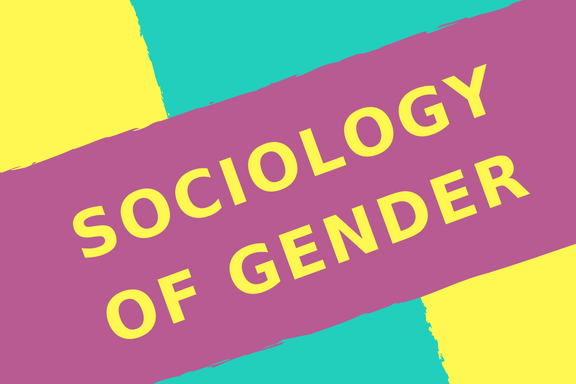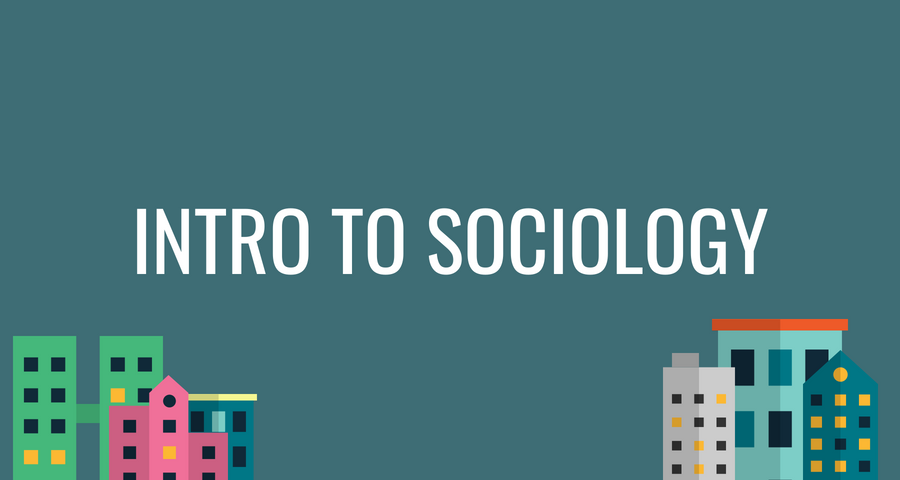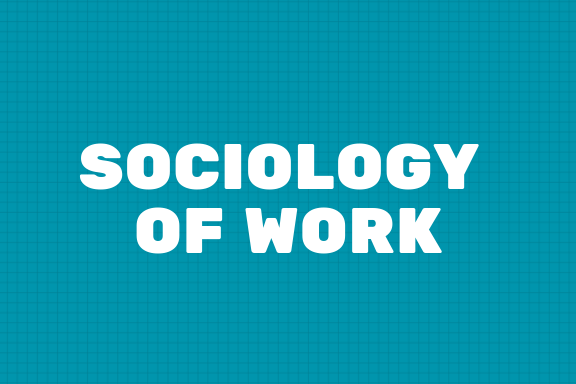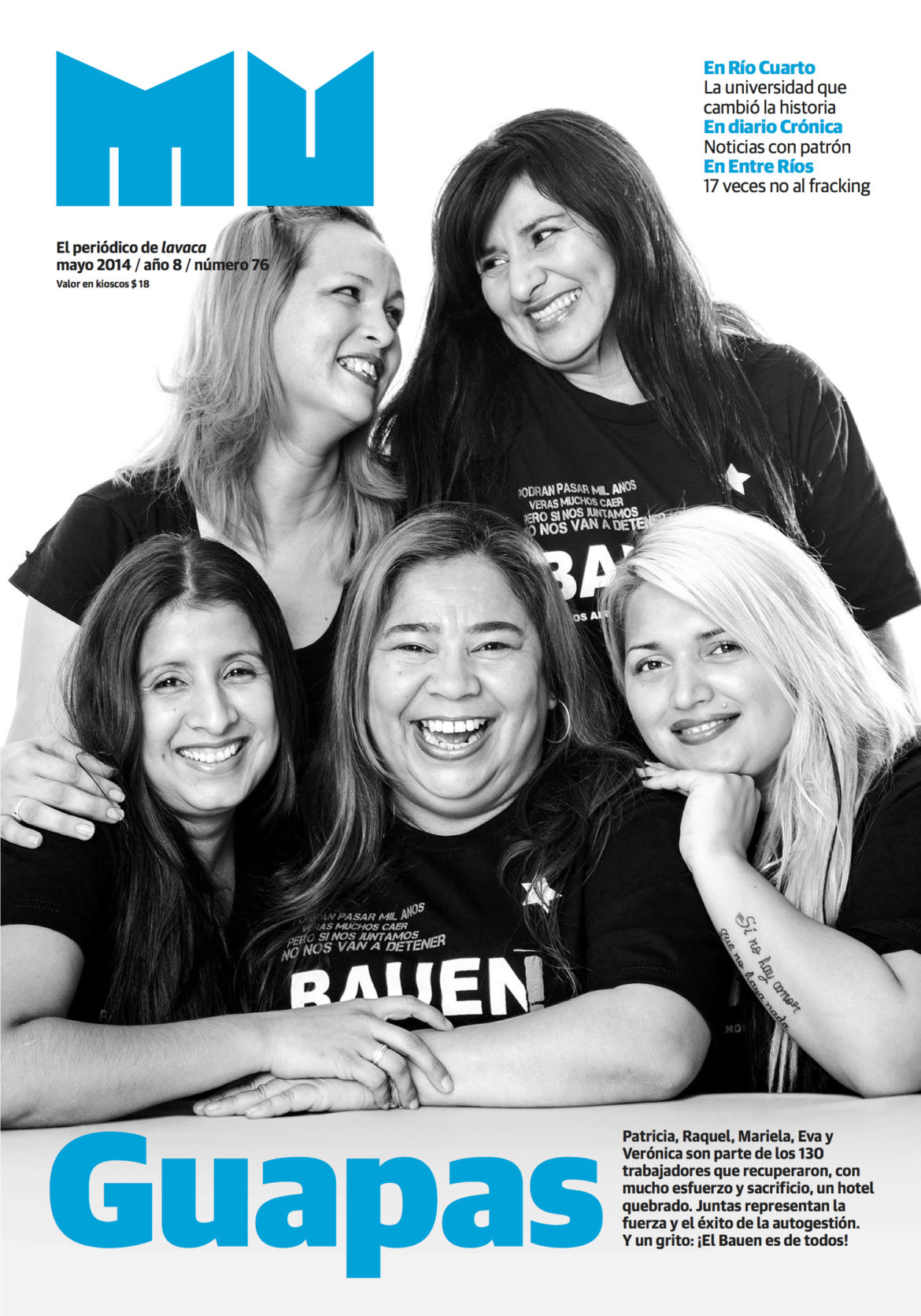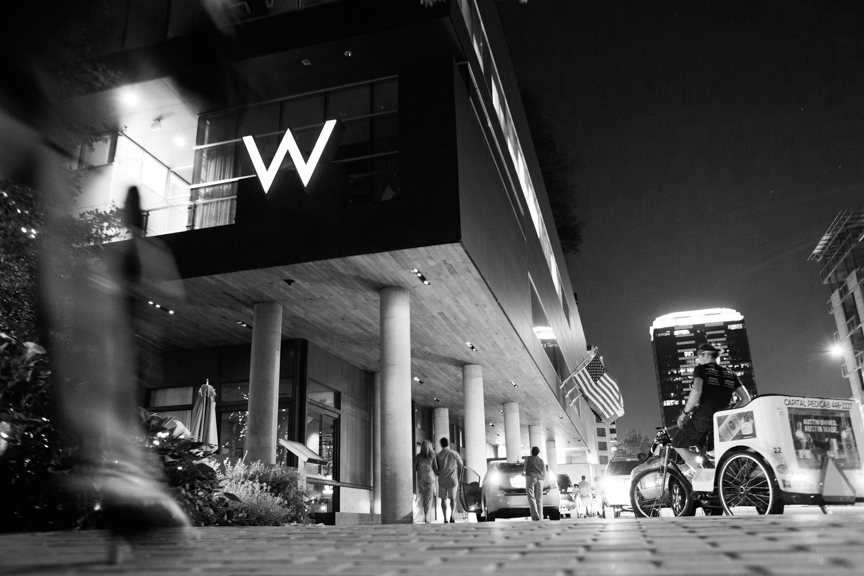The purpose of this course is to teach students what gender is and how it structures major social institutions, especially the work, family, religion, politics, education, and the media. We will explore the ways that gender is socially constructed and survey major themes in the sociological study of gender over time. The course will conclude by encouraging students to consider the possibilities of degendering institutions and proposals to support gender equity in society.
After the successful completion of this course, students will be able to:
- Understand the concept of gender as it differs from sex.
- Analyze how gender affects our interactions, organizations, and institutions.
- Critically examine how we learn about and understand gender in society.
- Explain how gender is used to justify inequalities between men and women.
- Consider the possibilities of a more gender egalitarian future.


